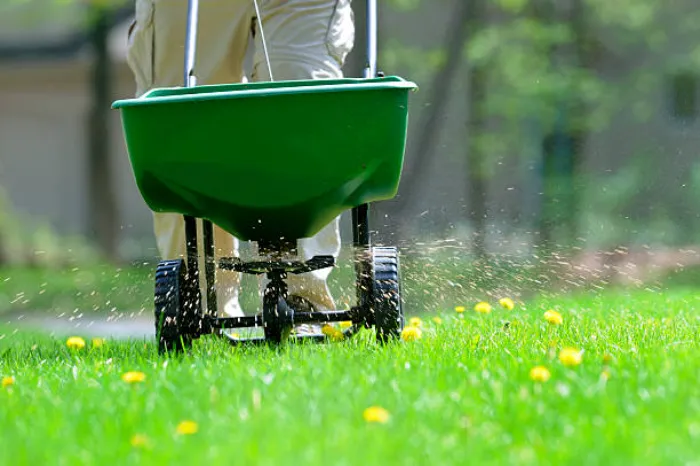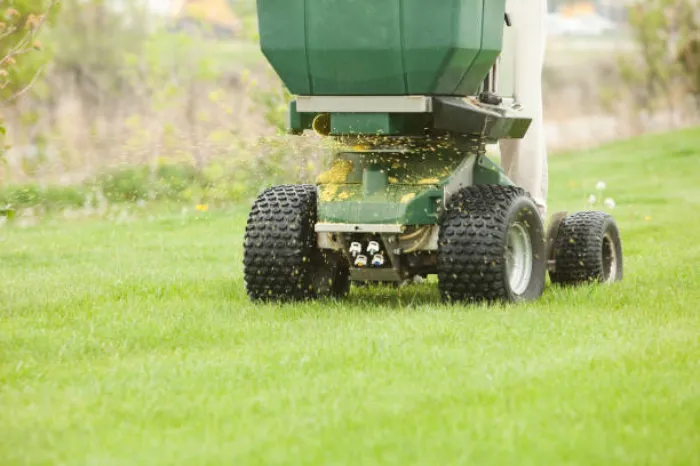Learn From Experts How Often Should You Fertilize Your Lawn?
Maximize Your Garden’s Bloom
Fertilizing your lawn plays a crucial role in achieving that lush, vibrant growth everyone desires. The frequency and timing of fertilization significantly influence your lawn’s health and appearance. This guide explores how often should you fertilize your lawn to encourage optimal blooming and vigor.

Understanding Your Lawn’s Needs
Before you start applying fertilizer, it’s essential to understand the specific needs of your lawn. Grass type, soil condition, climate, and the previous fertilization schedule all play a part in determining your fertilization strategy.
- Grass Type: Different grass types have varying nutrient needs. For instance, cool-season grasses like Kentucky bluegrass and fescue require more nitrogen than warm-season varieties such as Bermuda and zoysia.
- Soil Test: Conducting a soil test can reveal nutrient deficiencies and help tailor your fertilization plan.
- Climate and Season: The growth patterns of your lawn are influenced by local weather conditions. Typically, fertilizing is most effective during the growing seasons of spring and fall for cool-season grasses, and late spring through summer for warm-season grasses.
Seasonal Fertilization Guidelines
To maintain a healthy lawn, adhering to seasonal lawn fertilization guidelines ensures your grass receives nutrients when it most needs them.
- Spring: Apply a lighter fertilizer application to help your lawn recover from winter and kickstart growth. Avoid heavy fertilization which can lead to rapid, weak growth making the grass more susceptible to diseases.
- Summer: Depending on your grass type, additional feeding may be beneficial to withstand heat and drought conditions, especially for warm-season grasses.
- Fall: This is a critical time for fertilizing cool-season grasses, preparing them for winter and ensuring a robust return in spring.
Choosing the Right Fertilizer
Selecting the appropriate fertilizer is as crucial as the timing of applications. Fertilizers are not one-size-fits-all, and the wrong type can do more harm than good.
- Slow-Release vs. Fast-Release: Slow-release fertilizers are ideal as they provide a steady supply of nutrients over a longer period, reducing the risk of over-fertilization.
- Organic Options: Consider using organic fertilizers like compost or manure, which improve soil health and provide nutrients gradually.
- Specialized Products: Some fertilizers are formulated with weed control or designed to address specific soil deficiencies. Choose a product that matches your lawn’s particular needs.

How Often Should You Fertilize Your Lawn?
For lush, healthy growth that captures the eye, regular and appropriate fertilization is key. If you’re unsure about how often should you fertilize your lawn, consider consulting with a lawn care professional like Harmony Landscaping. Ready to transform your lawn? Dial (925) 396-7171 to book our quality lawn services in Antioch, CA!